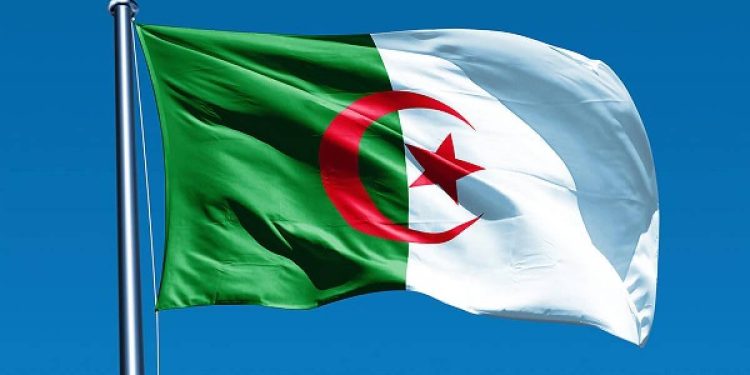Potatoes are a staple food for many people around the world, and their cultivation has a long and fascinating history. Algeria, located in North Africa, has a unique history of potato cultivation that has contributed significantly to its agricultural industry. In this article, we will explore the history of potato cultivation in Algeria, including its origins, growth, and current status.
The Origins of Potato Cultivation in Algeria
Potatoes are not native to Algeria, and their cultivation in the region can be traced back to the French colonization in the 19th century. The French introduced the crop to Algeria, and it quickly became popular due to its high yields and adaptability to different climates. The first recorded potato cultivation in Algeria dates back to the 1850s, and the crop soon became an important part of the country’s agricultural sector.
The Growth of Potato Cultivation in Algeria
After its introduction, potato cultivation in Algeria grew rapidly, and the crop became an essential part of the country’s agricultural industry. Potatoes were grown in various regions, including the coastal areas, the high plateaus, and the southern oases. The crop’s versatility and high yield made it a popular choice for farmers, and its cultivation expanded rapidly.
In the 1960s, potato cultivation in Algeria received a significant boost when the government implemented a program to increase crop diversity. The program aimed to reduce the country’s dependence on wheat and promote the cultivation of other crops, including potatoes. As a result, potato production in Algeria increased significantly, and the country became one of the top potato producers in the region.
Current Status of Potato Cultivation in Algeria
Today, potato cultivation remains an essential part of Algeria’s agricultural industry. The country is one of the largest potato producers in Africa, with an annual production of over 3 million tonnes. Potatoes are grown in various regions across the country, and the crop is an important source of income for farmers.
However, potato cultivation in Algeria faces several challenges, including climate change, water scarcity, and pest infestations. The government is working to address these issues by promoting sustainable farming practices, improving irrigation systems, and investing in research and development.
Conclusion
In conclusion, the history of potato cultivation in Algeria is a fascinating story of how a crop introduced by the French during the 19th century became an essential part of the country’s agricultural industry. Today, potatoes are a significant source of income for farmers in Algeria, and the country is one of the largest potato producers in Africa. While the crop faces several challenges, the government’s efforts to promote sustainable farming practices and invest in research and development bode well for the future of potato cultivation in Algeria.







